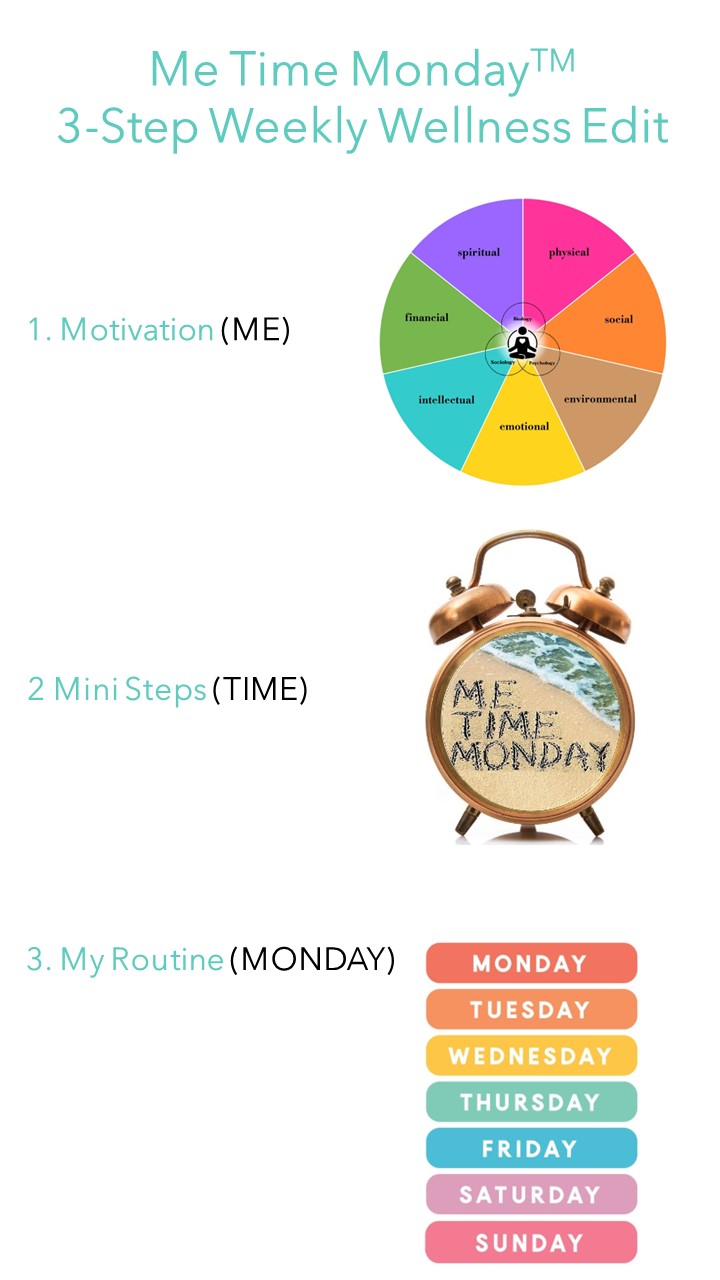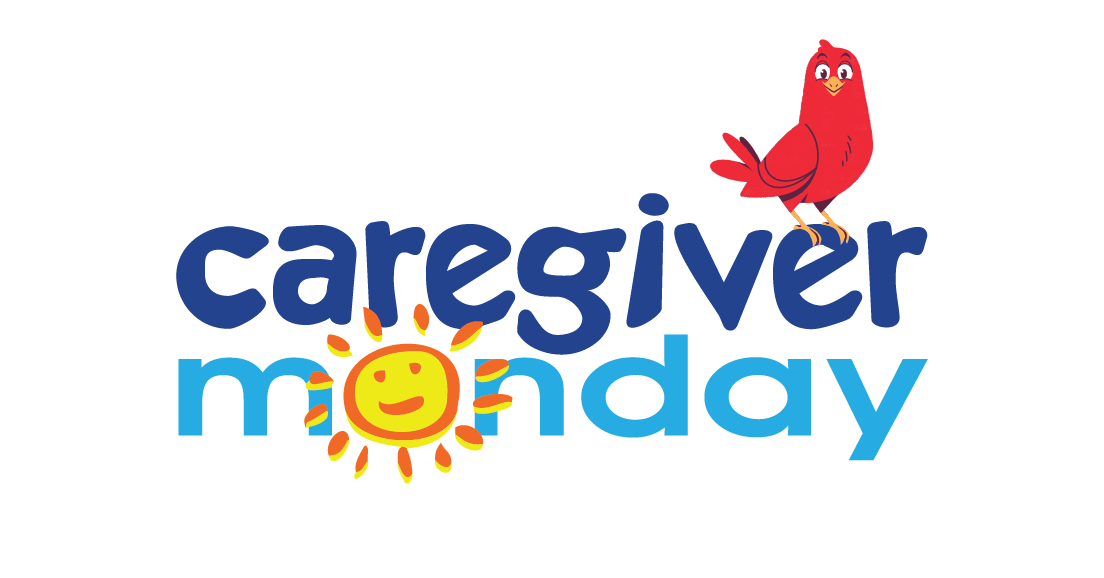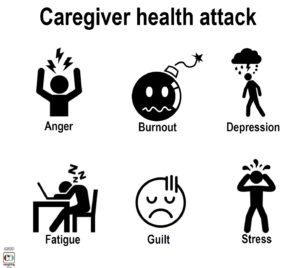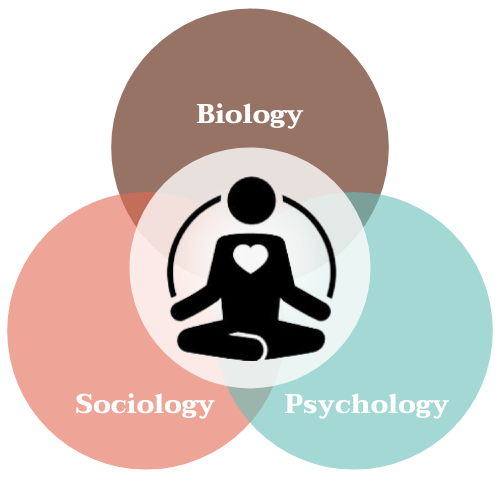Me Time Monday

The Me Time Monday Movement
Welcome to Me Time MondayTM – The Place for Caregiver Wellness and Self-Care Information and Inspiration. The principles to the Me Time Monday Wellness Program are:
- Motivation (ME). Me Time Monday gives caregivers a plan and permission to practice self-care using cross-training in 7 elements of wellness.
- Microflow (TIME). Caregivers need help achieving self-care but through baby steps (which we call microflows) – small things that can be built upon through the behaviorial science of habit-stacking. Once an effort becomes a routine habit, caregivers are psychologically and emotionally “lifted” to continue to build upon their success.
- My Routine (MONDAY). Make Monday the day of reward and reset. It is the day to check in with yourself. How are you doing? If Me Time evaporated last week – what can make it happen this week? The best part of Me Time Monday is having 52 weeks to keep focusing on feeding your soul.
Our Me Time Monday program consists of the following helpful information:
- How To Videos
- Blogs and articles
- Other helpful resources
We also offer content and programs for private clients who join the Me Time Monday Movement:
-
Webinars
-
Workshops
-
Podcasts

Caregiver Monday
In addition, we partner with and support the Caregiver Monday campaign, which is part of the Healthy Monday public health education initiatives. Learn more about Caregiver Monday here.
What is Me Time?
Me Time is a concept about finding what brings you joy, puts a smile on your face and gives you a happy heart. No one can dictate your Me Time – it is completely personal. Often it is a solitary activity, a time of self-reflection, a way to rediscover yourself. Think of what you loved to do as a child – those carefree days when running, laughing and having fun were all that mattered. Me Time can also involve friends, family and avoiding social isolation where we “come together” and live in the moment.
Your Me Time may be 5 minutes or 5 hours. It is not about quantity but quality. Whatever it is – it refreshes your body, mind and soul and makes you a better caregiver. Me Time puts a value on self-care that helps reduce the negative health effects associated with caregiver stress. Me Time should not be thought of as a leisure activity, it should be part of an ongoing, consistent health routine.

The Stress Effect of Not Getting Me Time
Numerous studies point to the increased health risks for caregivers who do not get a break – called respite – to find time to focus on their health and wellness needs. A range of emotional stressors can accompany caregiving including: anger, anxiety, burn-out, depression, frustration, grief, guilt and stress In addition, given the time commitment caregivers make for their loved ones, they often sacrifice their own wellness needs by not getting enough restorative sleep, practicing poor nutrition, foregoing exercise or finding just some time to get a break.
Several years ago a study found caregivers had nearly twice the risk of the general public (45 percent vs. 24 percent) to develop chronic illness because of their chronic caregiving stress.1 Another study found dementia caregivers have 24 percent more stress hormones, 15 percent less antibodies that can compromise immune systems and 2-3 times the levels of depression than general population.2
Recent research has taken this health impact even further by showing caregivers may suffer from the telomere effect where one year of chronic stress will shorten caregiver lifespans by six years.3
The Caregiver Health Attack is real and the risk for caregivers is not finding Me Time at least once a week which is what Me Time Monday is all about.

The Science Behind Mondays
In science, balance in life is called homeostasis. For caregivers to find balance and optimal wellness, there needs to be a balance between the Biological (Bio), Psychological (Psycho) and Sociological (Social) called the BioPyschoSocial framework.
Monday is part of our cultural DNA – it’s a fresh start, a reset point. It is the beginning of things – start of the work week, start of the school week. A survey showed 74 percent of Americans felt starting healthy behaviors on a Monday would make the behavior lasting throughout the week and 52 weeks would make their intentions more successful than New Year’s Resolutions.4,5,6,7
References:
1 Ho, A., Collins, S. R., Davis, K., & Doty, M. M. (2005). A look at working-age caregivers’ roles, health concerns, and need for support. Issue Brief (Commonwealth Fund), 854, 1-12.
2 Vitaliano, P. P., Zhang, J., & Scanlan, J. M. (2003). Is caregiving hazardous to one’s physical health? A meta-
analysis. Psychological bulletin, 129(6), 946.
3 Blackburn, E. H. (2005). Telomeres and telomerase: their mechanisms of action and the effects of altering their functions. FEBS letters, 579(4), 859-862.
4 Ayers, J.W., Althouse, B.M., Johnson, M.J., Cohen, J.E. (2014). What’s the Healthiest Day? Circaseptan (weekly) Rhythms in Healthy Considerations. American Journal of Preventive Medicine, 47, 73-76.
5 Dai, H., Milkman, K.L., & Riis, J. (2013). The fresh start effect: Temporal landmarks motivate aspirational behavior. Management Science, 60, 1-20.
6 Unpublished data gathered from NY-based gyms and the Johns Hopkins recreation center
7 Orsama, A., Mattila, E., Ermes, M., van Gils, M., Wansink, B., & Korhonen, I. (2014). Weight rhythms: Weight increases during weekends and decreases during weekdays. Obesity Facts, 7, 36-47
8 Cynkar, P., Mendes, E., (2011, July 26). More than one in six American workers also act as caregivers. Gallup.
9 Baicker, K., Cutler, D., & Song, Z. (2010). Workplace wellness programs can generate savings. Health affairs, 29(2), 304-311.
10 Bedini, L. A., & Phoenix, T. L. (1999). Addressing leisure barriers for caregivers of older adults: A model leisure wellness program. Therapeutic Recreation Journal, 33, 222-240.
According to a Gallup survey, 1 in 6 employees are also juggling caregiving responsibilities.8 Supporting family caregivers with wellness programs in the workplace is becoming an increasingly important evidence-based benefit for both employers and employees.9 Self-care wellness programs have shown to reduce medical costs by about $3.27 for every dollar spent on these types of programs and absenteeism costs fall by about $2.73 for every dollar spent.10


